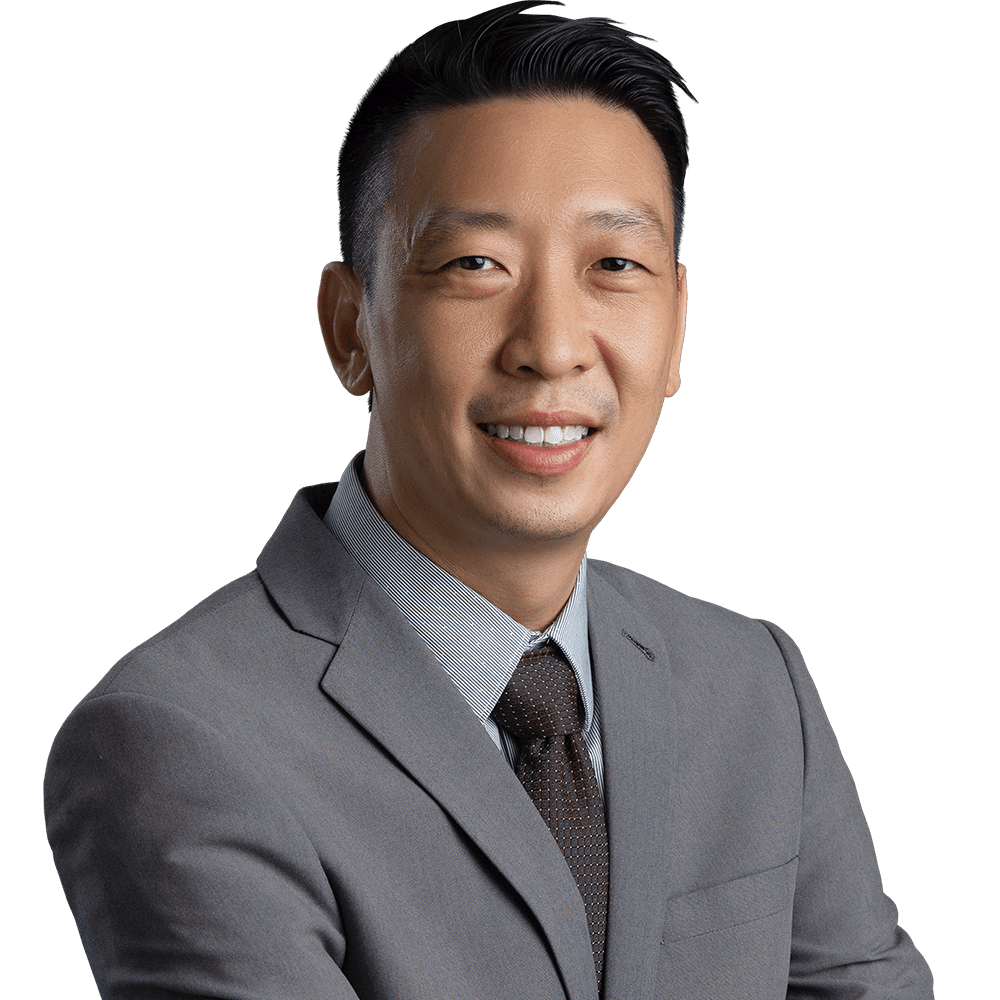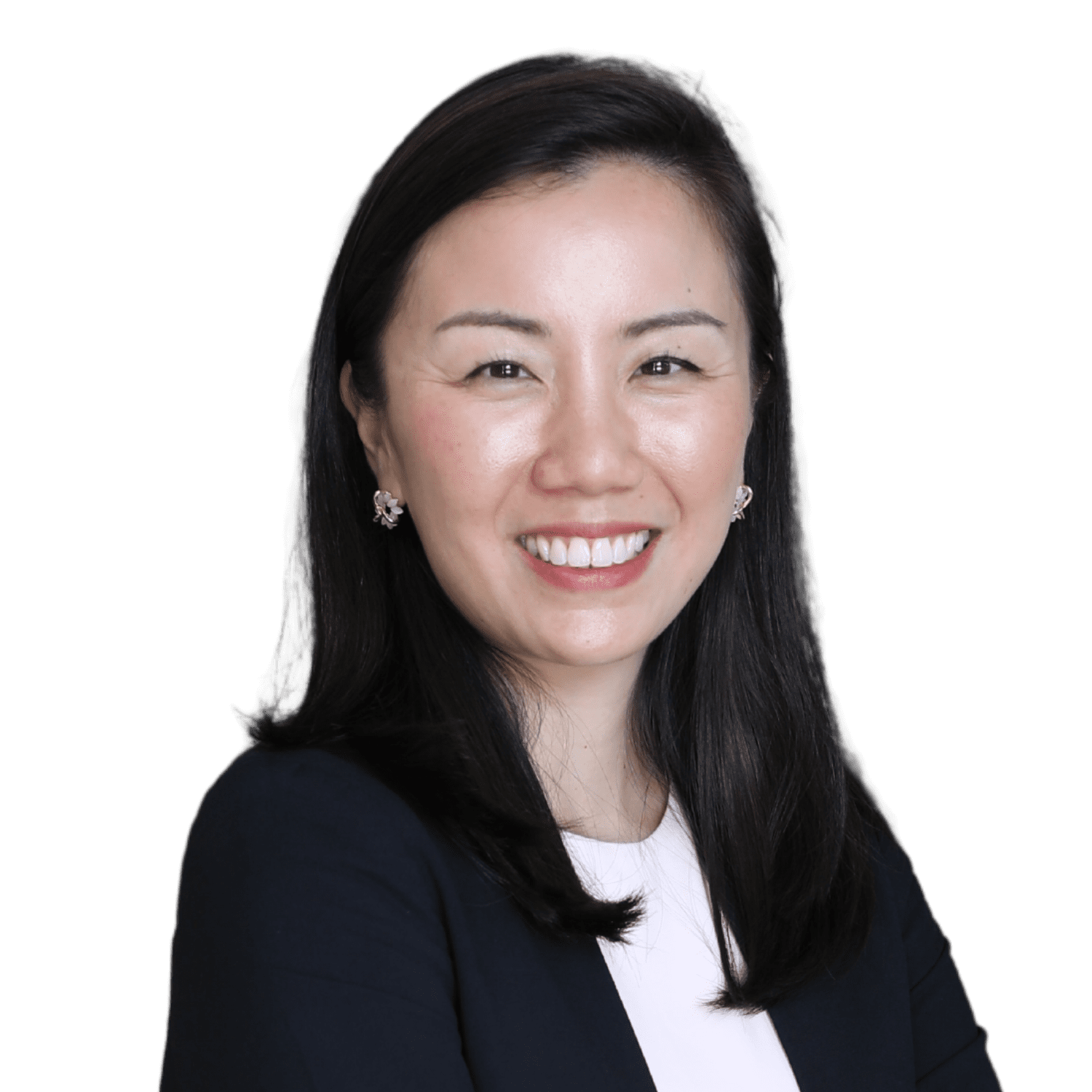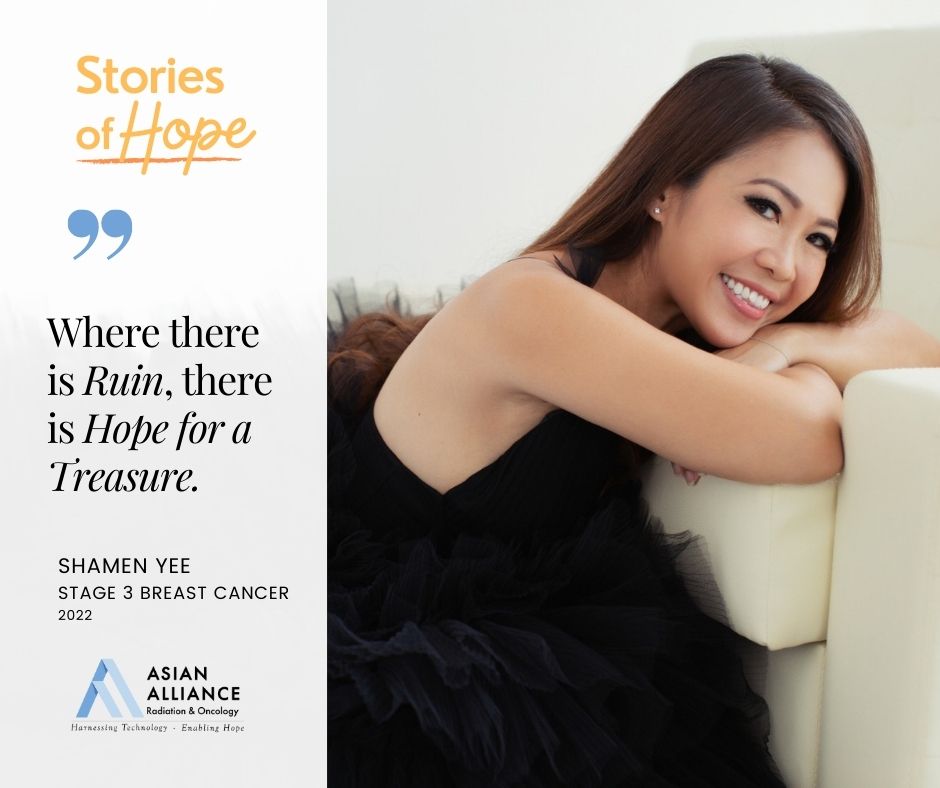Breast cancer is the uncontrolled growth of abnormal cells in the breast. It originates from the cells lining the milk ducts and glands of the breast.
It is the most common cancer in females. It can invade the surrounding tissue and then gain entry to the lymph nodes or the bloodstream. This will allow it to spread to other organs, forming new tumours there known as metastases.
Breast cancer can generally be classified as:
- Non-invasive breast cancer (Carcinoma-in-situ)
- Invasive breast cancer
Non-invasive breast cancer is confined to the ducts or lobules that it originates from. On the other hand, invasive cancer spreads beyond the ducts or lobules into the surrounding breast tissue.







